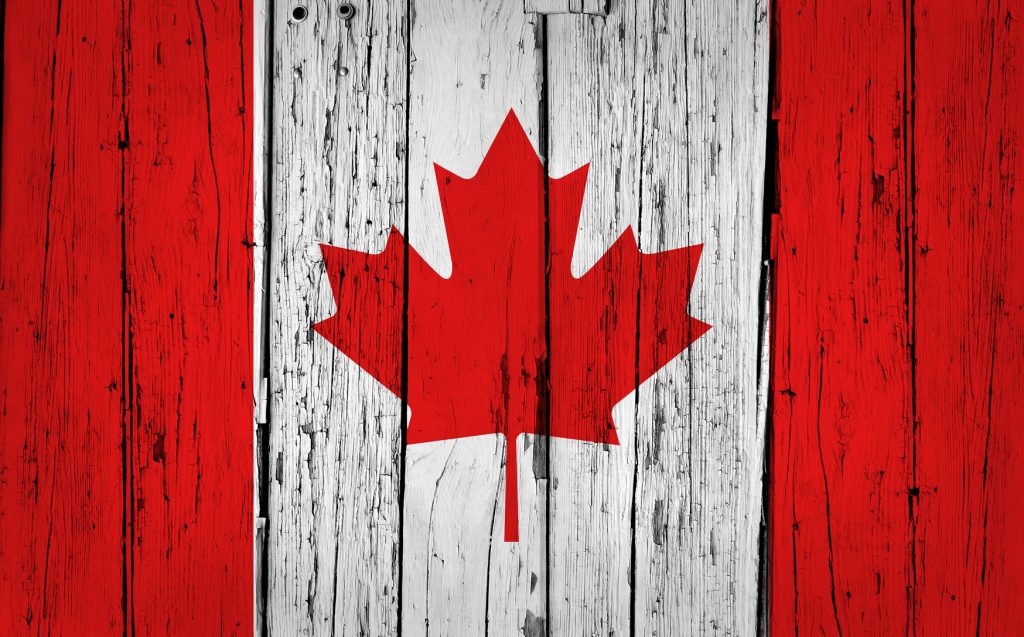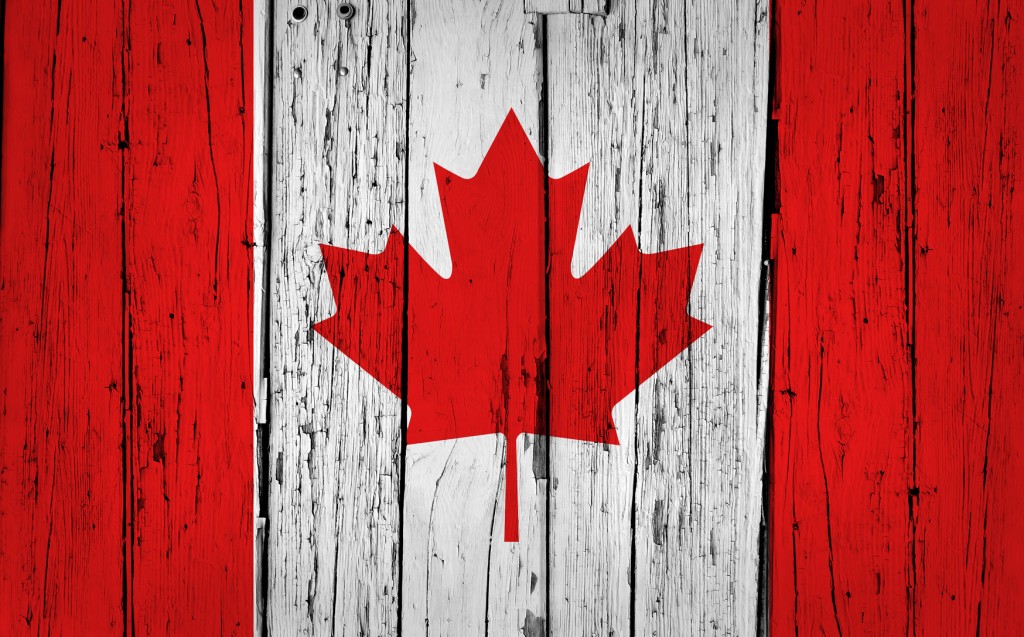In 1967—50 years ago—Canada celebrated its centennial, commemorating its official founding 100 years early in 1867. Here are some of the most fun highlights from the Great White North’s year-long celebration of all things Canadian.
There Was a Special Song
One of the most popular singer-songwriters of the ‘70s was Canadian star Gordon Lightfoot. He had huge hits in the U.S. with the super-mellow “If You Could Read My Mind” and “Sundown.” But in the late ‘60s, he was already scoring hits in Canada, earning him a request from the federal government to write and record a song for the centennial celebration. On January 1, 1967, Lightfoot’s patriotic “Canadian Railroad Trilogy” hit the Canadian airwaves.
There Was a New Font
Canadian typographer Carl Dair was commissioned by the Canadian government to create a brand-new font that was distinctively Canadian. Dair concocted the elegant, easy-to-read font called Cartier, “the first Canadian type for text composition.”
There Was a Special Gigantic Canadian Tattoo
No, really—although a tattoo isn’t only a form of permanent skin art, it’s also a name for an elaborate performance of a military band. Canadian Armed Forces Tattoo 1967 was an effort by members of three branches of the Canadian military stationed at a base in Picton, Ontario. The show incorporated more than 1,700 uniformed men and women and it traveled around Canada for most of the year, delivering 150 performances. The largest peacetime operation by the military in Canadian history, it depicted—through song and theater—the history of Canada’s military might, from French troops arriving in North America in 1665 up to the present day.
There Was a Coast-to-Coast Canoe Race
The Centennial Voyageur Canoe Pageant was an ambitious national competition. Teams had to navigate Canada’s many rivers and waterways—from the Rocky Mountains in the west all the way to Montreal in the east. It began on May 24 with ten teams, each from one of eight provinces and two territories (two provinces didn’t send a team). In all, the race spanned 3,283 miles—the longest canoeing race in history—and took more than three months for 100 rowers working in shifts to complete. The winner: the team from Manitoba, and every man on the team took home $1,500.









